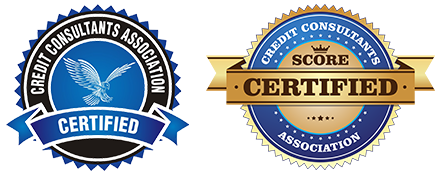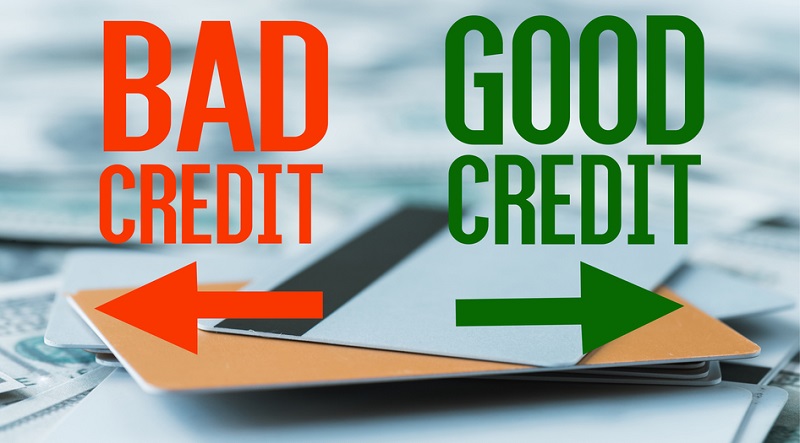Bad Credit Report Repair That Will Ruin Your Credit For Years!
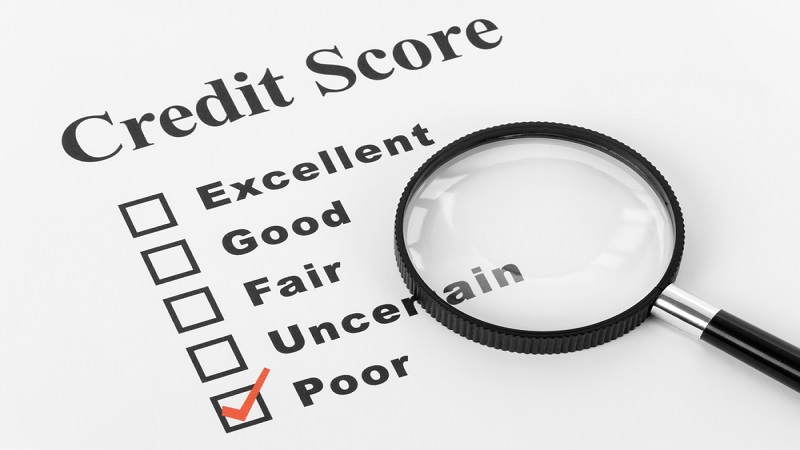
Bad credit report repair can ruin your credit for 7 to 10, and there are just as many wrong ways to repair bad credit as good ways. So how do you know the difference?
You may think that you’ve come up with a genius way to reduce your credit card debt or get accurate information removed from your credit report only to realize months later that it made your credit worse rather than better.
Even worse is following the advice of a credit repair company only to find that you’ve paid hundreds or thousands of dollars to make little to no progress.
It helps to understand the most common ways to repair bad credit that routinely backfire. That information will help you understand how to do credit repair right the first time around.
Freezing All Credit Card Usage
Common credit report repair questions:
- Keeping your credit card balance low is great for your credit score. It makes sense to stop using credit altogether.
- While you’re at it, why not just pay your credit cards?
- Better yet, why not pay off and close those accounts down entirely?
These strategies seem to make sense at first, but a deeper look reveals why not using credit can lower your credit score and make it more challenging to secure new lines of credit in the future.
Let’s start with not using your credit cards. You may cut them up and start paying them down, watching your credit scores jump higher and higher as your credit utilization rate lowers. The problems begin when you pay your balances off but never charge anything new.
It may look great on your credit, but the credit card companies may cut off those cards or reduce your credit limit. You aren’t earning them any interest money so that they may cut you off in time.
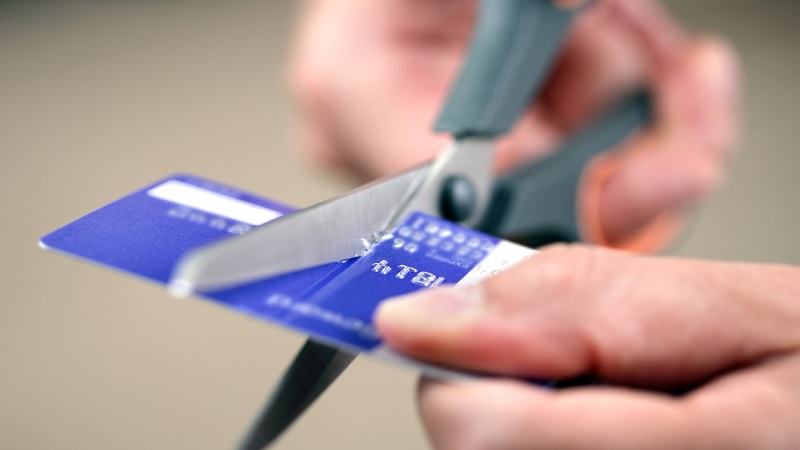
When accounts are closed, it may harm your credit scores. You reduced the total available credit on your reports and may increase your credit utilization rate if the remaining accounts carry high balances.
It’s better to make small charges on your credit cards and pay them off every month. The credit card companies will see activity on your account, but you won’t carry a balance on your credit report. Those on-time payments will boost your credit score as well.
Closing credit accounts is a bad credit report repair practice and can hurt your credit for the same reasons and be part of a bad credit report repair process.
If you want to shut off your oldest cards, you could even shorten the length of your credit history and damage your credit even further. It’s best to keep your accounts active even if they are rarely used.
Skipping One Payment to Boost Another
The higher your credit card balance climbs, the more you have to pay every month to keep the account in good standing. If you have multiple credit cards with high balances, you may find that just paying the minimum payment amounts is all you can afford.
Unfortunately, it will take a long time to pay down a high balance when you only make the minimum monthly payment.
Some consumers decide that the solution is to focus on one credit card at a time, paying it down as quickly as possible. They skip payments on other credit cards and put all of their money on one card.
The balance on the credit card does go down faster, but all of those missed payments on the other cards will do far more damage. This bad credit report repair option makes it worse quickly!
It is an excellent strategy to start paying extra on the credit card with the highest interest rate or is closest to being maxed out. You don’t want to do so at the expense of other credit card payments.
It’s better to find creative ways to boost your income to have more money to spend on debt elimination. You may also ask your creditors to extend your lines of credit, instantly improving your debt utilization ratio while you work to reduce those balances.
Filing False Credit Report Disputes
One of the simplest ways to improve your credit score is to dispute inaccurate information on your credit reports. This option is used when you notice accounts that don’t belong to you, missed payments that you didn’t forget, or other information that doesn’t rightfully belong on your credit report. If you can prove your case to the credit bureaus, they will remove that information quickly.
This method can go wrong and become lousy credit report repair if you try to dispute negative information that you know is accurate. For instance, you may feel tempted to send in disputes for every closed credit card or collections account report even though they are your legitimate debts.
You won’t have any documentation to support your disputes, but you can still submit dispute reports through the credit bureaus online.
When you file a credit report dispute, the credit bureau contacts the creditor and gives them 30 days to verify that the information is accurate. If they fail to respond in that time, the credit bureau will remove the information from your credit report.
Filing false credit report disputes can backfire in a couple of ways:
- The person or company reporting the information verifies the information is accurate and complete within 30 days. The credit bureaus will not remove proven accurate information, so you waste your time on most false disputes.
- The reporting agency fails to respond to your dispute within 30 days, and the information is removed, but it comes right back a month or two later. The reporting agency will continue to report the data as long as they are legally entitled.
- Your disputes may get you flagged as someone who files frivolous or dishonest disputes. The credit bureaus may dismiss future disputes because of your history of disputing in this manner.
In most cases, filing false credit report disputes will result in a lot of wasted time with slight long-term improvement in your credit scores, and it may also destroy your reputation with credit reporting agencies. This nasty credit report repair trick should never be used.
Following Dispute Templates Word for Word
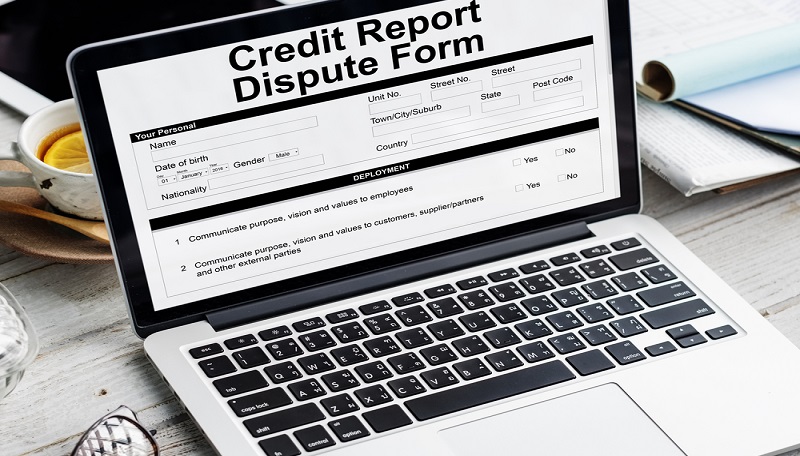
Credit repair software programs often provide templates that help you generate dispute letters quickly. The problem is that they use generalized language that isn’t customized to your unique dispute.
The result is often a letter that sounds too formulaic to be genuine, leading to the credit bureau taking the dispute with less seriousness. They may assume you’ve submitted similar templated letters to dispute other information, which may or may not be legitimate.
You can also mistakenly include information that isn’t relevant or accurate for your dispute when you follow a template too closely. This is a bad credit report repair practice to avoid. The solution is to use templates as a genuine guide while putting everything in your own words.
Bad Credit Report Repair By Paying Before Receiving Settlement Offers in Writing
Arranging to pay off an old debt for a reduced amount or paying in full in exchange for having the debt removed from your credit report is often a win for your credit report. Paying the debt collector without receiving the agreement in writing is a potential loss.
The collection agency or creditor may not follow through with their end of the agreement, and you have nothing to prove what they agreed to do upon payment. The solution is to get the deal in writing before making your payment.
Starting Your Credit Repair Journey without Bad Credit Report Repair
Did you notice that each of these potential credit repair hazards is rooted in legitimate strategies that do work when done correctly?
The big lesson here is not to cut corners. When you start sending out bulk dispute letters with the same language or applying for a bunch of new credit cards at once, you may end up causing more damage to your credit.
Credit repair can take some time, but doing it wrong only makes the process even longer.
Free 5-Day - Start Repairing Credit Challenge - Do It Yourself - Including A Live Expert Question & Answer Session.

Related Articles:
- Top 8 Tips to Raise Your Credit Score
- Credit Repair Shouldn't Cost a Fortune!
- Better Credit Booster News and Tips
- 101 Credit Tips to Boost Credit Score Points, Today!
- Frequently Asked Credit Repair Questions and Answers (FAQ)
- How to Clean Up My Credit History and Raise My Score
